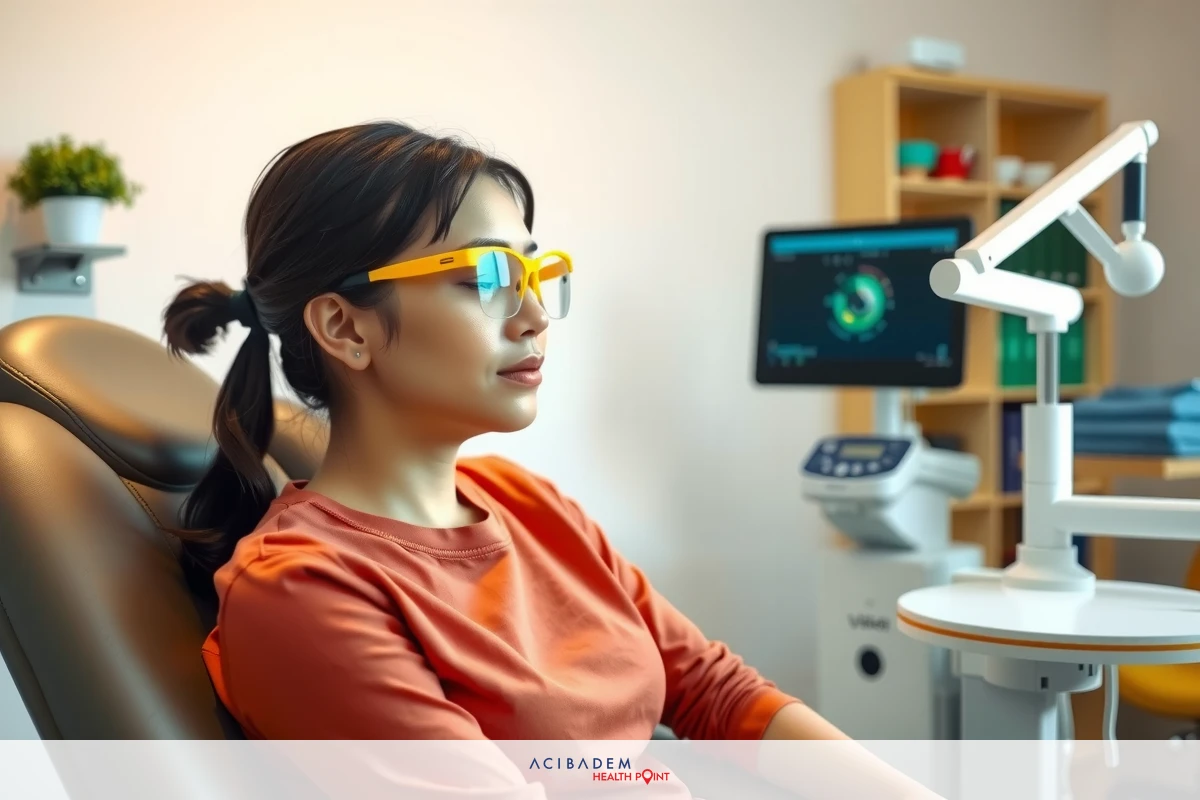How to Protect Eyes After LASIK
How to Protect Eyes After LASIK The aftermath of a LASIK surgery calls for particular care and attention. The eyes become susceptible to irritants, infections, and potential harm that could jeopardize the success of the operation. Protective eyewear becomes an essential part of your daily routine along with certain hygiene practices aimed at keeping infections at bay.
Regular check-ups are then introduced into this new lifestyle alongside proper hydration and adequate rest all in pursuit of maintaining optimal eye health post-LASIK. It’s a journey towards recovery filled with necessary precautions but it promises clearer vision as its reward—a goal worth striving for.
How to Protect Eyes After LASIK Wearing Protective Eyewear
Post LASIK surgery, the eyes undergo a delicate phase of recovery. During this period, protective eyewear plays an integral role in safeguarding your vision from external factors. Whether it’s daytime or night, indoors or outdoors, shielding your eyes becomes paramount to prevent any potential harm that can disrupt the healing process.
Amongst options for protective eyewear are goggles and sunglasses – not just fashion accessories anymore but crucial elements of post-surgery eye care. Goggles provide a comprehensive barrier against dust particles and other minute irritants that could compromise your eye health after LASIK surgery. Sunglasses lend protection against harsh sunlight and UV rays which could be detrimental during recovery.
The benefits of wearing such eye protection extend beyond just physical safety. It also instills a sense of psychological comfort knowing you have taken active measures towards protecting your eyes post-LASIK surgery. This proactive approach towards recovery contributes significantly to the overall success rate of the procedure thereby emphasizing how indispensable protective eyewear is in this context.
Avoiding Irritants and Infections
In the wake of LASIK surgery, your eyes become a fortress that needs defending against potential invaders such as irritants and infections. A key strategy in waging this defense is adhering to simple yet effective hygiene practices which could make all the difference during recovery.
- Eye Drops: These are an essential part of post-surgery eye care, acting like a shield for your newly operated eyes against dryness and irritation. Remember to only use prescribed ones.
- Hand Hygiene: Keeping your hands clean before touching any eye-related products or even your face can significantly reduce chances of infection.
- Avoid Rubbing Eyes: It might be instinctual but rubbing eyes after LASIK surgery should be avoided at all costs as it opens doors for bacteria and viruses.
- Stay Clear from Dusty Areas: Exposure to dust particles can lead to irritation, hence areas with high dust levels should be avoided.
- Minimize Screen Time: Reducing exposure to digital screens lessens strain on the eyes promoting quicker healing.
By taking these precautions you not only prevent discomfort but also ensure that nothing hinders or slows down your path towards clearer vision post-LASIK surgery—a goal worth striving for indeed!

Maintaining Proper Eye Care
In the journey towards recovery following LASIK surgery, a trifecta of vital practices comes into play regular check-ups, proper hydration, and adequate rest. These elements work in harmony to uphold optimal eye health post-surgery and ensure that your path towards clearer vision is smooth sailing.
Regular check-ups with your ophthalmologist serve as an ongoing evaluation of the healing process. It’s through these visits that any potential complications can be identified early on and dealt with promptly. They also provide an opportunity for you to voice out any concerns or discomforts you might experience during recovery. This open line of communication alongside professional supervision creates a safety net around your post-LASIK journey.
Hydration too holds significant importance in this context but not just body hydration; we’re talking about keeping eyes hydrated as well! Dryness could lead to itchiness and irritation which then tempts one to rub their eyes – a definite no-no after LASIK surgery. Using prescribed eye drops at regular intervals helps maintain sufficient moisture levels thereby preventing dry-eye syndrome.
Getting ample rest especially in the initial days following surgery when the eyes are most vulnerable. Sleep promotes faster tissue repair improving overall healing speed while reducing fatigue-related strain on the eyes—an absolute necessity during recovery from LASILK surgery!
Together these three practices lay down a robust framework for maintaining proper eye care after undergoing LASIK—a testament to how much protecting our vision truly matters.
Frequently Asked Questions
How long should I wear protective eyewear after LASIK surgery?
The duration varies depending on individual healing rates and your doctor's instructions. Generally, it's recommended for a week post- surgery, especially when sleeping or outdoors.
What types of irritants should I look out for during my recovery phase?
Common irritants include dust particles, smoke, strong wind and even excessive bright light. It's advisable to avoid such environments to protect your eyes from potential harm.
How often should I go in for check-ups following LASIK surgery?
Immediately after the operation you'd have a follow-up appointment the next day. Following that, regular check-ups are usually scheduled at 1 week, 1 month, 3 months and then every year thereafter—but this may vary based on individual progress.
Are there any specific hygiene practices to keep in mind post-LASIK?
Yes! Always wash your hands before touching your eyes or handling eye drops. Avoid rubbing eyes irrespective of how much they itch - use lubricating eye drops instead!








